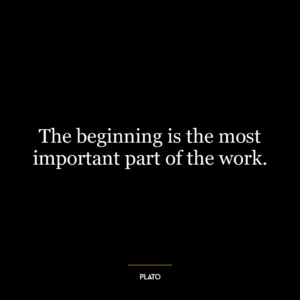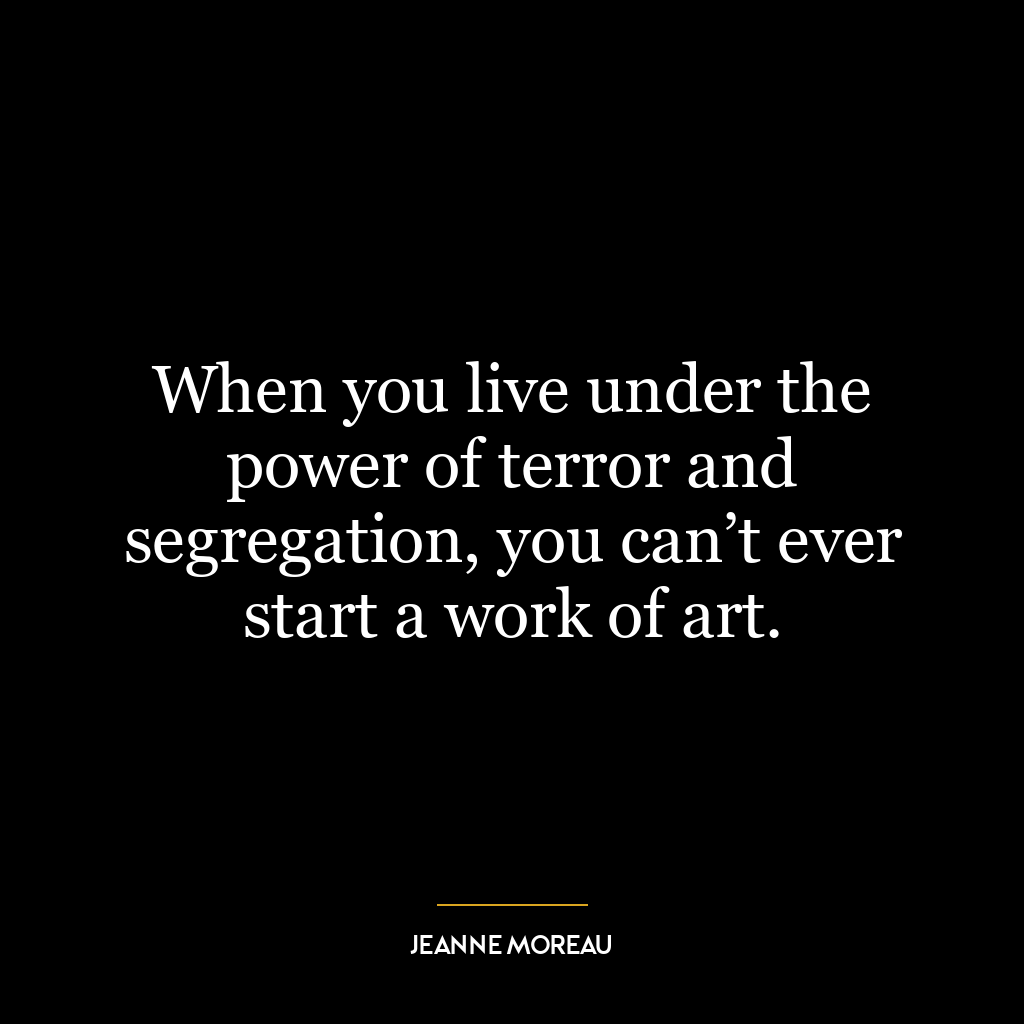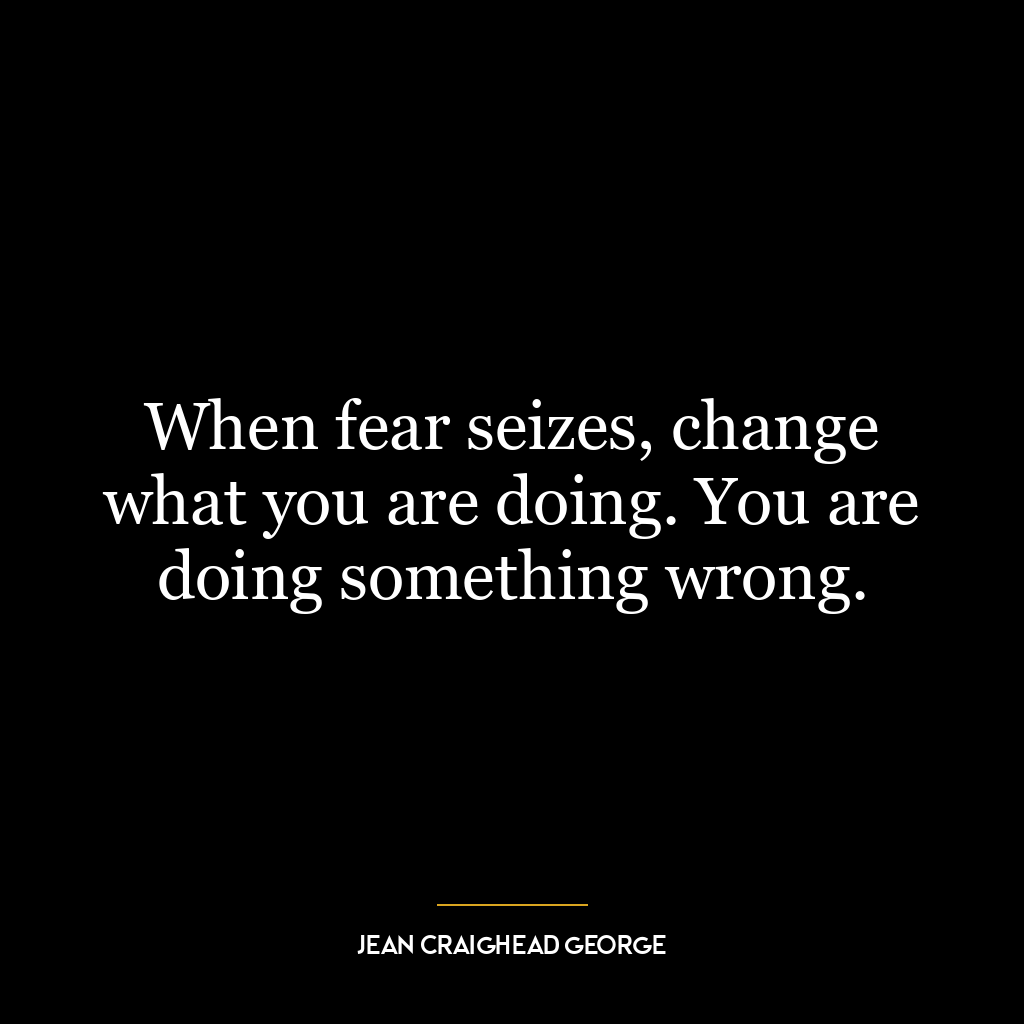Those who reproach injustice do so because they are afraid not of doing it but of suffering it.
This quote suggests that individuals who criticize or condemn unfairness or injustice often do so not because they fear committing such acts themselves, but because they fear becoming victims of it. In other words, their fear is not so much about them becoming the perpetrator of injustice, but rather, the recipient of it. This could be because they understand the pain, suffering or disadvantage that comes with being on the receiving end of injustice.
The quote also implies a certain level of self-interest in our moral judgments. It suggests that we might not be as altruistic as we think when we stand up against injustice. It’s not necessarily the moral wrongness of injustice that we’re opposed to, but the potential personal harm it could cause us.
This idea can be applied in today’s world in various ways. For instance, it could help explain why people are more likely to protest against policies or practices that directly affect them than those that don’t. It could also explain why some people only begin to care about certain social issues when they or someone they know is personally affected.
In terms of personal development, this quote could serve as a reminder to examine our motivations when we stand up against perceived wrongs. Are we doing it out of a genuine concern for fairness and justice, or are we primarily motivated by self-interest? Recognizing this can help us develop a more genuine empathy and concern for others. It could also encourage us to stand up against injustice even when we’re not the ones directly affected.









